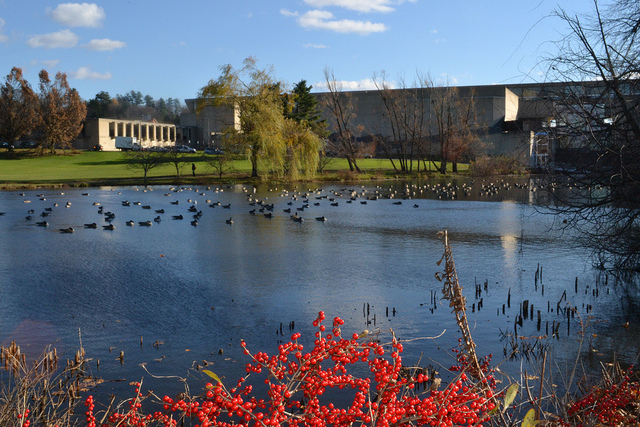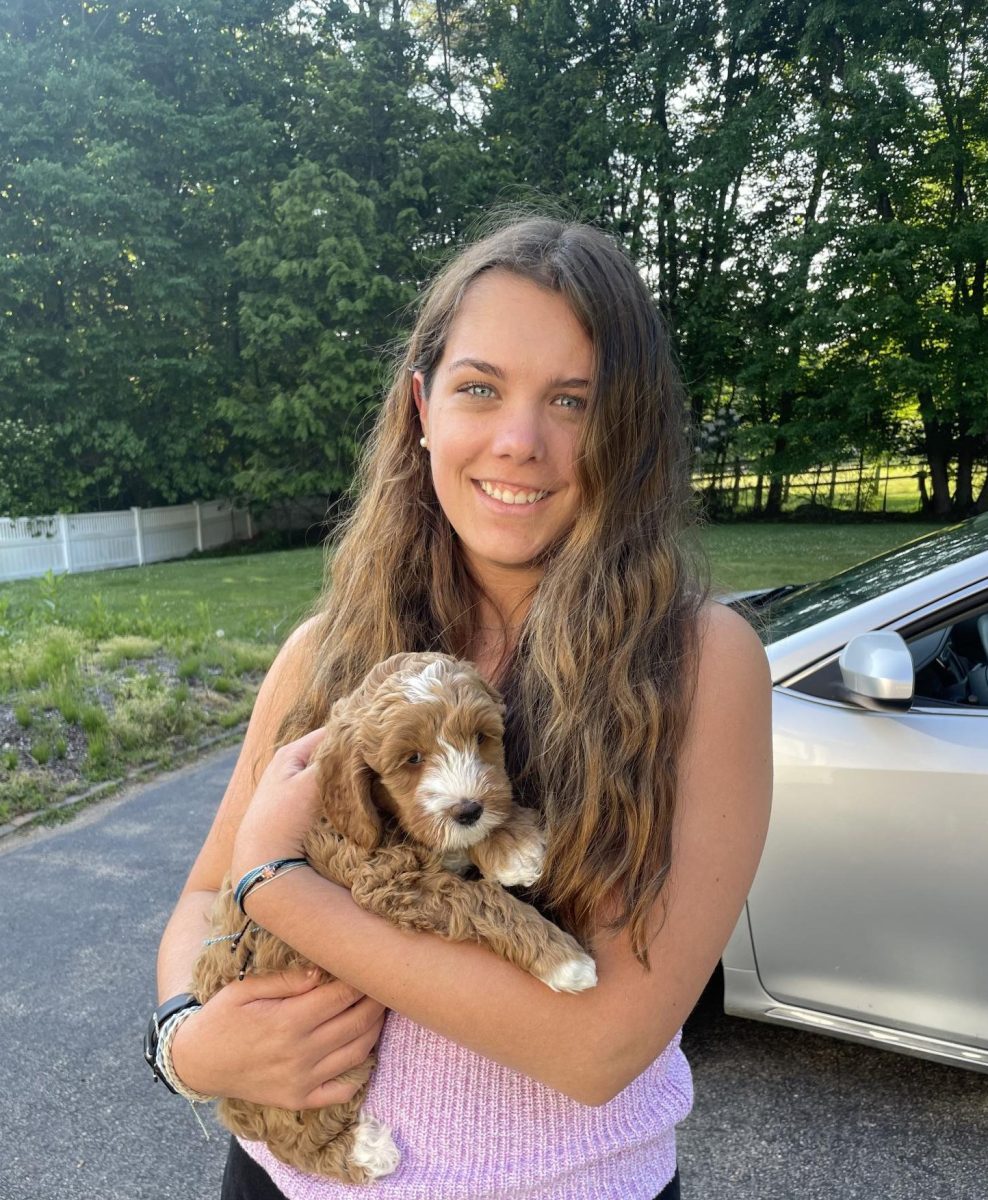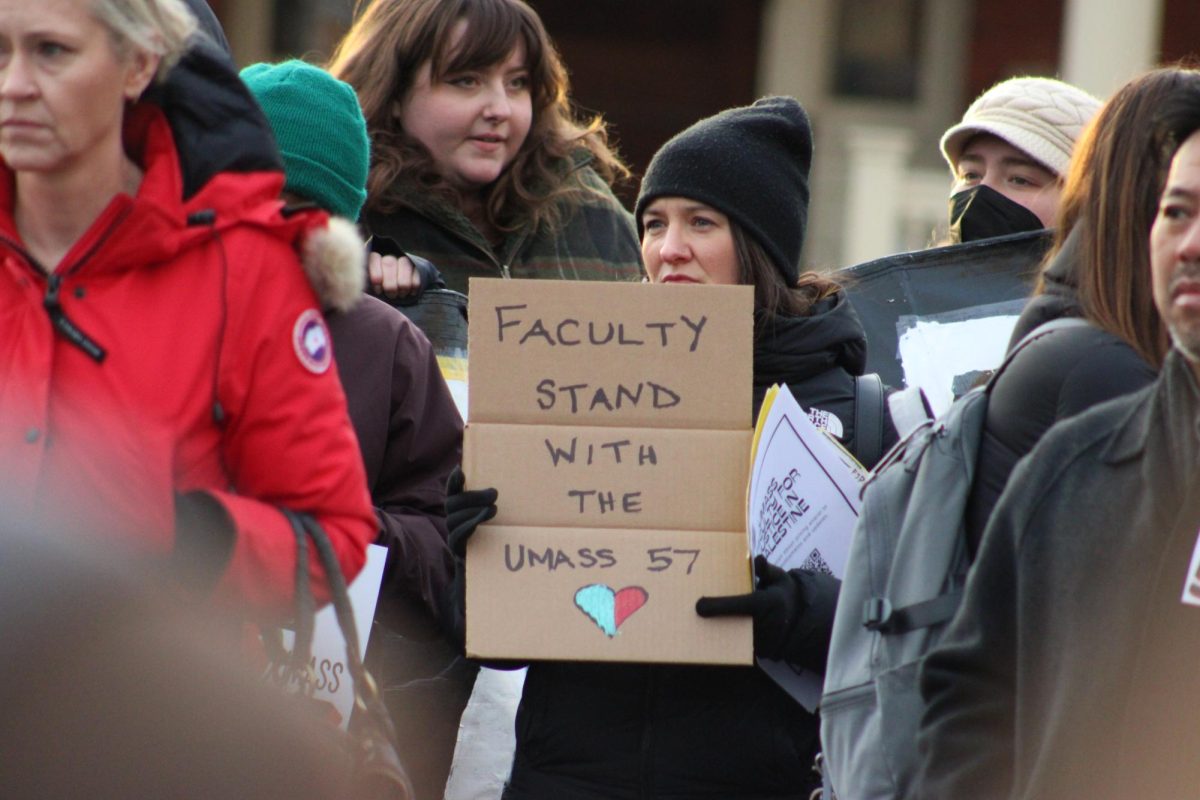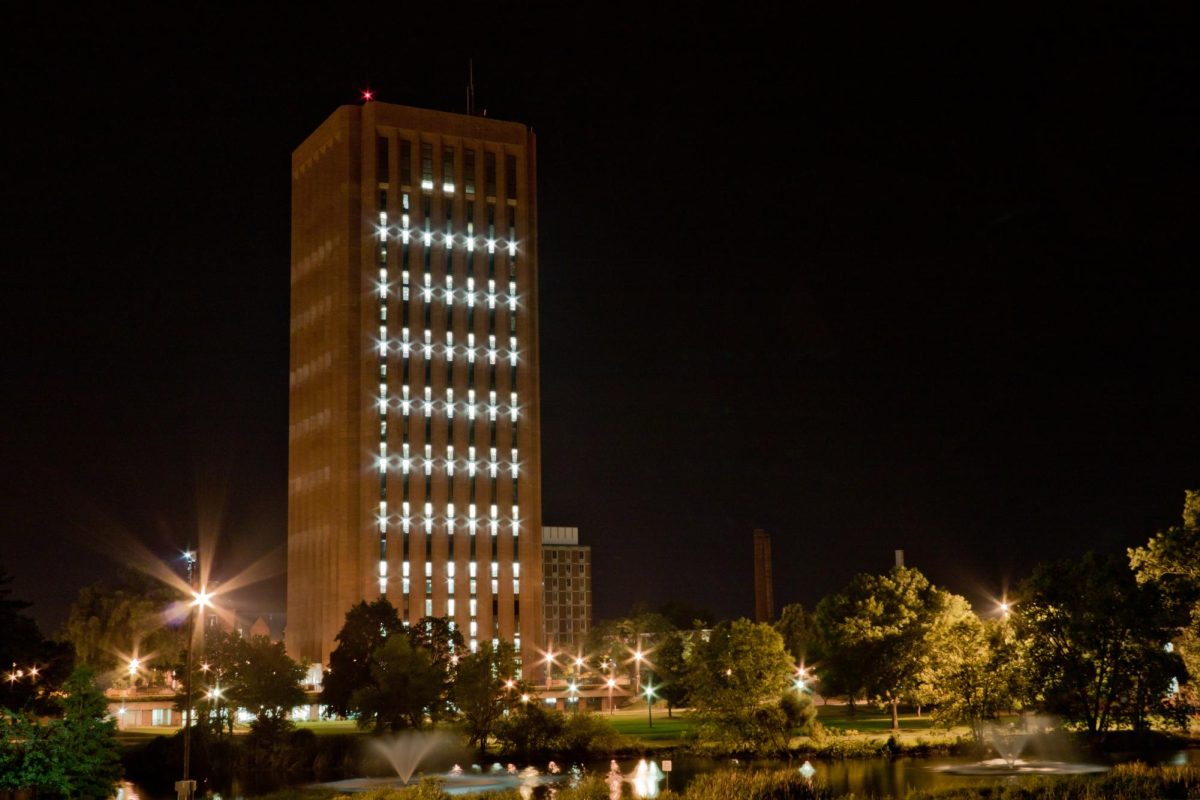To the Editor:
Last month I had the pleasure of attending the American Association for the Advancement of Science(AAAS) 2019 Catalyzing Advocacy in Science and Engineering (CASE) Workshop in Washington DC. The workshop brought together about 100 PhD science students from all over the country (including our contingent from the University of Massachusetts, sponsored by the Graduate School) with the goal of demystifying the federal policy-making process and helping us put our expertise and advocacy skills to use on the Hill. I met people studying issues like climate change, neuroscientists investigating childhood brain development and microbiologists working to improve our food systems. Each of them came with the goal of learning how to better use their scientific training to improve the world around us.
Very few, however, were from the social sciences – fields like economics, history or the field I represent: sociology. In fact, only one other sociologist attended. Admittedly, this made me a bit uneasy going into the workshop. After all, the (socially constructed) line between what some call the “hard sciences” and “soft sciences” can feel immovable – structuring the perceived value and legitimacy of those who fall on either side. But as the workshop progressed, I became quite confident that as much as we need good STEM research, STEM needs us too. In fact, many of the topics covered in the CASE workshop begged social scientific analysis.
Although I met a number of women, people of color and LGBTQ graduate scientists, we know empirically that the sciences struggle with diversity and inclusion. Answering “how” and “why” requires social scientific data, including that of the qualitative sort which illuminate misogynistic, racist and anti-queer experiences that are often left out of meritocratic explanations of social inequality. Over the course of three days, for example, I heard numerous stories of sexual harassment, scenarios where women had to choose between starting a family or a career and faculty biases against immigrants and students of color. The more you talk about these issues in groups, in turns out, the more you get a sense that these issues are collective, not personal barriers to be dealt with individually. Hearing from PhD students who had the courage to voice their intersectional experiences with privilege and disadvantage very much validated the need to talk across disciplines rather than solely within them.
Here at UMass alone we have sociologists who have uncovered how mothers face labor market penalties for having kids, while fathers often get rewards; Dr. Enobong Branch’s recent edited volume uncovers the myriad of ways women are excluded from STEM fields through no fault of their own; and much of Dr. Don Tomaskovic-Devey’s work illustrates why some workplaces produce large amounts of inequality where others do not. Equipped with these sociological insights, scientists and policymakers would be better able to combat not only the lack of diversity in STEM, but also the kind of science that forgets to test facial recognition software on people with melanin in their skin, for example (while also addressing the various privacy-related concerns of that software as well). So let’s continue to advocate for the importance of scientific research, but remember that this also includes the kind of research that creates a more equal social world.
Lucius Couloute is a PhD candidate at UMass in the Sociology department. He will begin a tenure-track appointment at Suffolk University this fall.



















amy • Apr 18, 2019 at 12:36 am
The focus on ‘inclusion’ in my opinion is a little racist. It presumes that minorities automatically want to enter these fields. This is based on what? They should just what want to enter fields dominated by white people because white people say they should??
Maybe the simple reality is not some conspiracy of structural racism, but the fact that minorities don’t want to major in the “sciences”, which I assume you refer to natural science. Sociology is hardly a science lol, it’s more about opinions masquerading as intellectual thought.